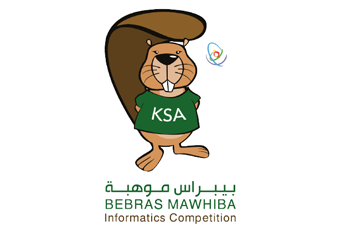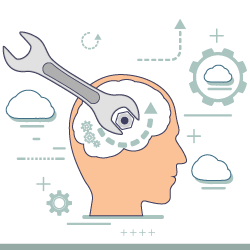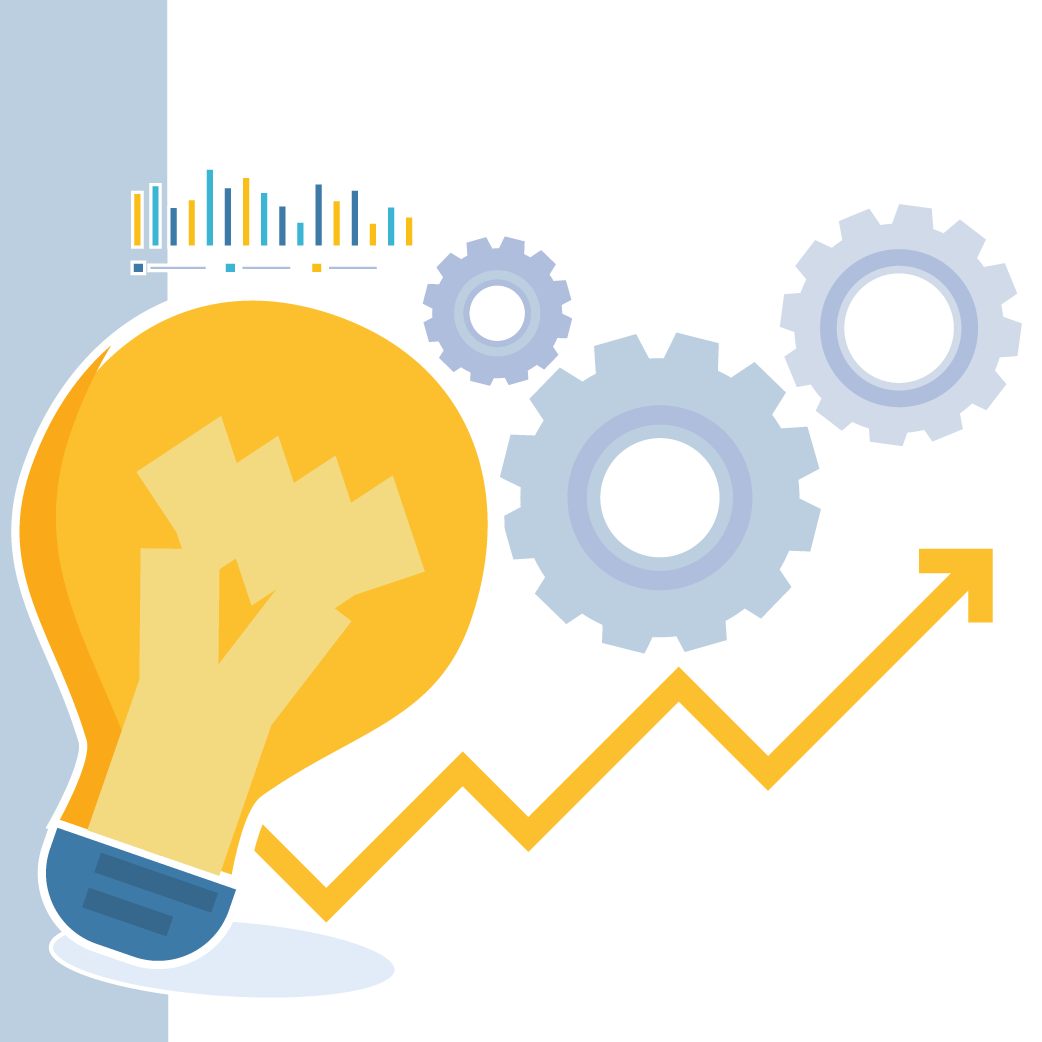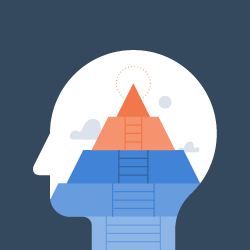21st Century Skills: A Starting Point for Building a Balanced Talented Personality
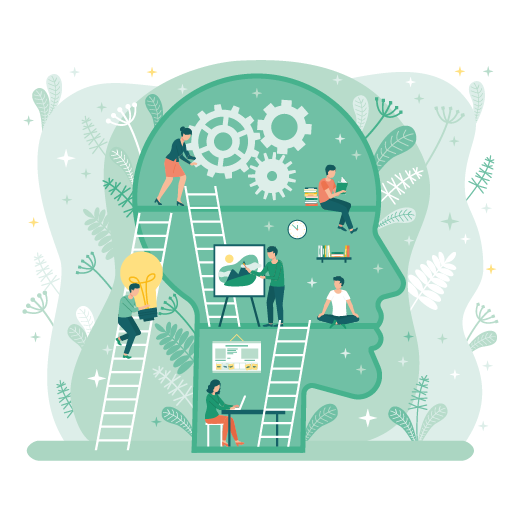
Dr. Adnan Al-Qadi - Assistant Professor of Gifted Education
Creativity
22
The intentional and systematic integration of these skills into educational curricula will enable teachers to achieve many goals that they have not been able to achieve for many years. They justify this by saying that these skills enable students to learn and achieve in core subjects at higher levels. They also provide an organized framework that ensures students’ engagement in the learning process, helps them maintain confidence, and represents a framework for professional development for teachers. These skills prepare students for innovation and leadership in the twenty-first century, and to participate effectively in civic life. In detail, as follows:
1. 21st century skills enable the achievement of many important goals that experts aspire to achieve in students, as they enable them to contribute to the world of work, civil life, participate effectively in society, and solve its problems in a scientific manner.
2. 21st century skills help students understand academic subjects, connect them together in order to develop thinking, build new ideas, and use knowledge and technology tools to continue lifelong learning.
3. Through 21st century skills, students become able to live in a technological and media environment, and an information revolution, in which cultural and geographical barriers have disappeared.
The objectives of 21st century skills and the purpose of developing them in children can be identified in the following matters:
1. Helping children and youth develop the cognitive, psychological and skill competencies they need to succeed in life.
2. Develop basic knowledge of various academic subjects.
3. Making children and youth capable of critical thinking, problem solving, communication, cooperation, technological literacy, flexibility and adaptability, innovation and creativity, interest in global affairs, and media literacy.
4. Preparing students to face rapid changes, and preparing them for a future full of inventions, discoveries and unfamiliar technologies.
Finally, 21st century skills are characterized by a number of features:
1. Core skills: All children and adolescents at different stages of education must have opportunities to learn and acquire these skills.
2. Diverse skills: In the digital world, children and adolescents need to learn how to use the appropriate tools to master learning skills and practice various life activities.
3. Interactive skills: Children and adolescents need to learn scientific content through examples, applications, and experiences from real life. They learn better when learning is linked to meaningful relationships and interactions that are connected to their real life.
Did you benefit from the information provided on this page?
visitors liked this page
